
A dental implant lasts longer than traditional bridges or removable dentures, and this is due to the fact that the implant post acts as a new root. But what makes this possible, and how do you place and maintain a new tooth? In today’s blog, your Livonia, MI, dentist will explain how dental implants act like a new tooth root.




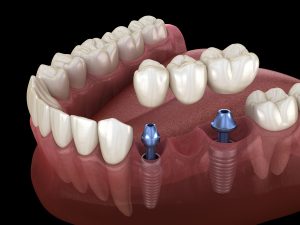
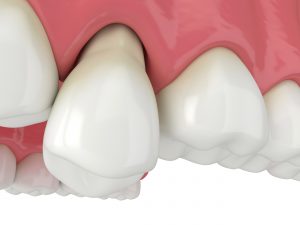


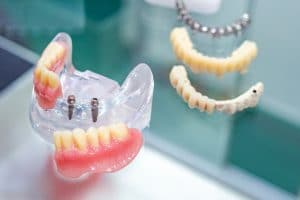
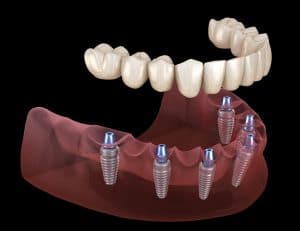
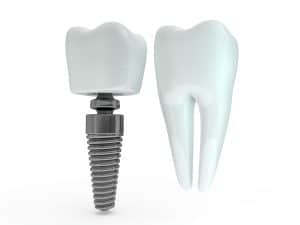
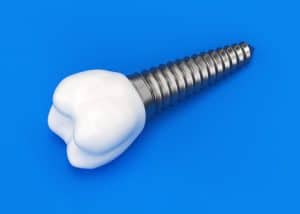 If you have tooth loss, then you understand how this impacts your quality of life. For a replacement option that lasts for decades and provides unrivalled security, then you should
If you have tooth loss, then you understand how this impacts your quality of life. For a replacement option that lasts for decades and provides unrivalled security, then you should 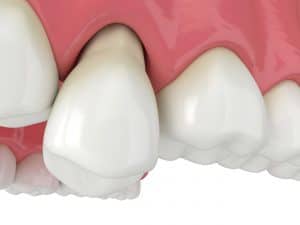
Recent Comments